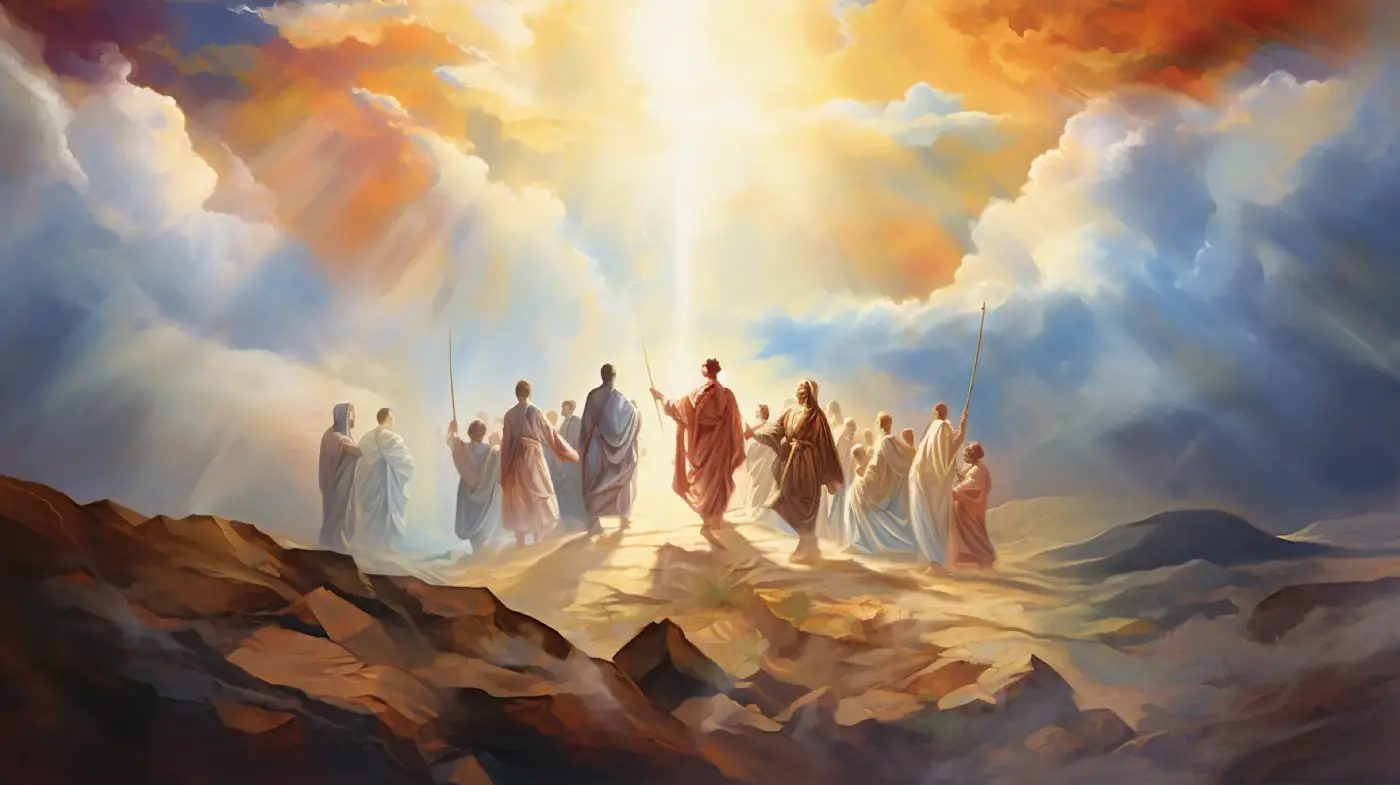Blog
The Impact of Jesus on World History and Culture
The influence of Jesus Christ on world history and culture is profound and far-reaching. His teachings, life, and the subsequent rise of Christianity have shaped civilizations, inspired countless movements, and permeated various aspects of human society. Here are some key areas where Jesus’ impact is particularly evident:
Religious Influence
Foundation of Christianity: Jesus is the central figure of Christianity, a religion that has grown to become one of the world’s largest faiths with over two billion adherents. His teachings, as recorded in the New Testament, form the bedrock of Christian doctrine and practice. Key concepts such as love, forgiveness, redemption, and the Kingdom of God are derived directly from his words and actions.
Spread of Christianity: The early followers of Jesus, particularly the apostles, spread his teachings throughout the Roman Empire and beyond. Christianity’s expansion significantly influenced the development of Western civilization. Missionary work throughout the centuries has carried Christian beliefs to all corners of the globe, impacting cultures and societies worldwide.
Ecumenical Movements: Jesus’ emphasis on love and unity has inspired efforts towards Christian ecumenism, which seeks to promote cooperation and unity among different Christian denominations. The World Council of Churches and other similar organizations work to foster dialogue and understanding among various Christian traditions.
Cultural Influence
Art and Literature: Jesus’ life and message have been a central theme in Western art and literature. From the Renaissance masterpieces of Leonardo da Vinci and Michelangelo to modern novels and films, Jesus has inspired countless works that explore themes of faith, sacrifice, and salvation. Notable works include Dante’s “Divine Comedy,” Milton’s “Paradise Lost,” Dostoevsky’s “The Brothers Karamazov,” and Kazantzakis’ “The Last Temptation of Christ.”
Music: The story of Jesus has inspired a vast array of musical compositions across genres. Classical pieces like Handel’s “Messiah,” Bach’s “St. Matthew Passion,” and modern works like Andrew Lloyd Webber’s “Jesus Christ Superstar” illustrate the enduring influence of Jesus on music. Gospel music, hymns, and contemporary Christian music continue to celebrate his life and teachings.
Festivals and Traditions: Christian holidays such as Christmas and Easter, celebrating Jesus’ birth and resurrection respectively, have become integral parts of cultural traditions in many societies. These holidays influence customs, family traditions, and public celebrations, contributing to the social and cultural fabric of numerous countries.
Social and Ethical Influence
Human Rights and Social Justice: Jesus’ teachings on love, compassion, and the inherent worth of every individual have profoundly influenced social justice movements. Concepts such as the Golden Rule (“Do unto others as you would have them do unto you”) have been foundational in promoting human rights, equality, and justice. Historical figures like Martin Luther King Jr., Mother Teresa, and Desmond Tutu drew inspiration from Jesus’ message to advocate for civil rights, care for the poor, and oppose apartheid.
Education and Healthcare: Christian institutions, inspired by Jesus’ emphasis on healing and teaching, have played a significant role in the development of education and healthcare systems. Medieval universities, such as those in Paris and Oxford, were often founded by Christian scholars. Hospitals and charitable organizations run by religious orders and churches have provided care and relief to millions over the centuries.
Moral and Ethical Framework: The moral teachings of Jesus, including the Sermon on the Mount, have provided ethical guidance for individuals and societies. Principles such as humility, mercy, and peacemaking continue to shape personal behavior and public policies. These teachings have also influenced Western legal systems and concepts of justice.
Political and Historical Influence
Formation of Western Civilization: Christianity, based on the teachings of Jesus, played a crucial role in the formation of Western civilization. The Roman Empire’s adoption of Christianity under Emperor Constantine set the stage for the religion’s influence on European politics, culture, and philosophy. The subsequent spread of Christianity through Europe during the Middle Ages helped to unify diverse peoples and cultures under a common religious and cultural framework.
Influence on Government and Law: Many modern legal and political systems have been influenced by Christian ethics and principles. Concepts such as the sanctity of life, the importance of justice, and the separation of church and state have their roots in Christian thought. The Magna Carta, the development of common law, and the formulation of human rights have all been influenced by Christian teachings.
Global Movements and Conflicts: The spread of Christianity has also been associated with significant historical events and movements, including the Crusades, the Reformation, and the colonization of the Americas. These events have had complex and far-reaching effects on world history, including the shaping of national boundaries, the spread of European culture, and the interaction between different religious and cultural groups.
Conclusion
The impact of Jesus Christ on world history and culture is immeasurable. His life and teachings have profoundly influenced religious beliefs, ethical systems, cultural expressions, and social institutions. From the founding of Christianity to the shaping of Western civilization and the promotion of social justice, Jesus’ legacy continues to resonate across the globe, shaping the course of human history and inspiring individuals and communities to strive for a better world.

